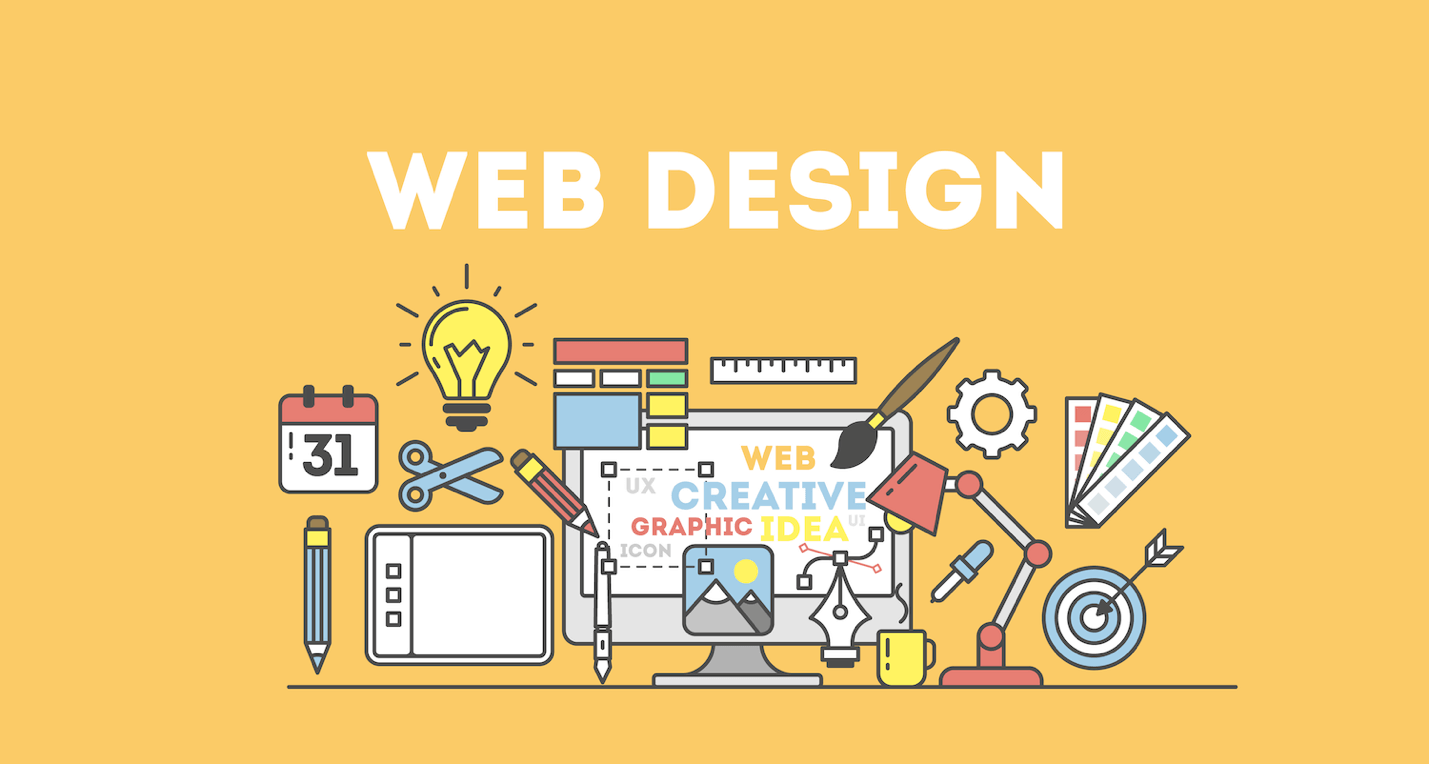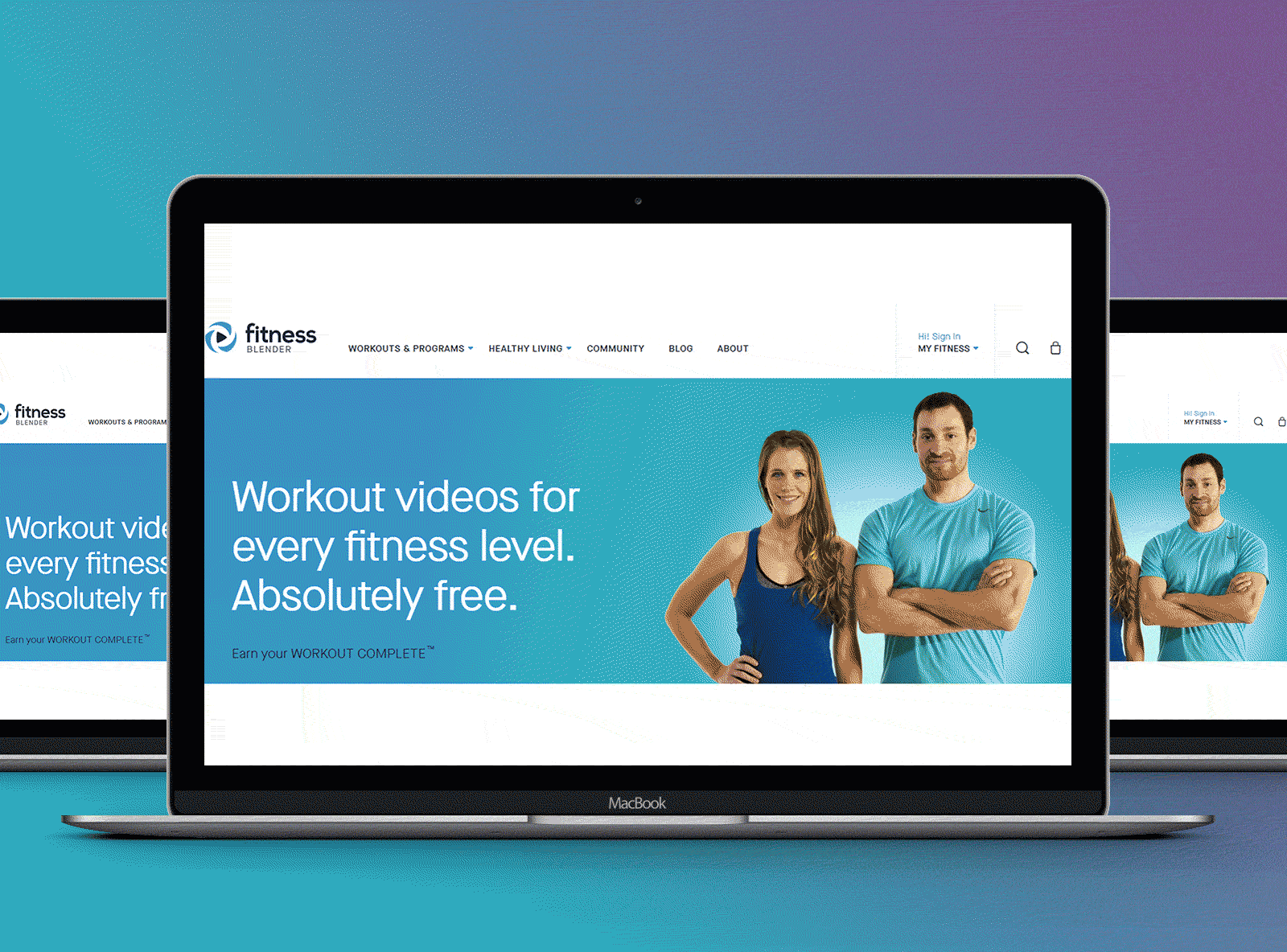Website Design in Singapore: Creating User-Centric Sites for Your Audience
Website Design in Singapore: Creating User-Centric Sites for Your Audience
Blog Article
Top Trends in Site Style: What You Required to Know
Minimalism, dark setting, and mobile-first methods are amongst the crucial themes forming modern style, each offering unique advantages in customer interaction and functionality. Furthermore, the emphasis on availability and inclusivity emphasizes the significance of developing digital atmospheres that provide to all individuals.
Minimalist Layout Visual Appeals
Recently, minimalist style visual appeals have actually become a dominant pattern in website layout, emphasizing simplicity and capability. This approach prioritizes essential content and removes unneeded elements, thus improving customer experience. By focusing on clean lines, sufficient white room, and a minimal color palette, minimalist styles assist in less complicated navigation and quicker load times, which are important in preserving users' attention.
Typography plays a considerable role in minimalist layout, as the option of font style can evoke specific feelings and direct the user's journey through the web content. The calculated use of visuals, such as top quality photos or refined animations, can enhance user involvement without overwhelming the overall visual.
As digital areas continue to evolve, the minimal style principle remains pertinent, satisfying a varied target market. Companies adopting this fad are usually regarded as contemporary and user-centric, which can substantially influence brand assumption in a significantly affordable market. Ultimately, minimal design aesthetic appeals use an effective option for effective and attractive website experiences.
Dark Mode Popularity
Welcoming a growing fad among individuals, dark setting has gained considerable popularity in website style and application interfaces. This style strategy features a mostly dark color combination, which not only boosts visual appeal however likewise minimizes eye stress, especially in low-light settings. Individuals increasingly appreciate the comfort that dark mode supplies, leading to longer engagement times and an even more delightful browsing experience.
The adoption of dark mode is likewise driven by its regarded benefits for battery life on OLED screens, where dark pixels take in much less power. This sensible benefit, combined with the trendy, contemporary appearance that dark motifs provide, has led lots of developers to incorporate dark mode choices right into their jobs.
In addition, dark mode can create a sense of depth and focus, accentuating vital elements of a website or application. web design company singapore. Because of this, brands leveraging dark mode can enhance individual interaction and produce an unique identity in a congested market. With the pattern remaining to rise, incorporating dark mode into web designs is becoming not simply a choice yet a basic expectation among customers, making it important for developers and designers alike to consider this facet in their tasks
Interactive and Immersive Components
Regularly, developers are integrating interactive and immersive aspects right into web sites to boost individual interaction and produce memorable experiences. This pattern reacts to the increasing assumption from customers for even more vibrant and individualized communications. By leveraging functions such as computer animations, video clips, and 3D graphics, web sites can attract customers in, cultivating a deeper connection with the web content.
Interactive components, such as tests, polls, and gamified experiences, encourage site visitors to proactively participate as opposed to passively eat info. This involvement not only maintains individuals on the site longer however likewise enhances the likelihood of conversions. Furthermore, immersive innovations like digital truth (VR) and enhanced reality (AR) use unique possibilities for companies to showcase items and solutions in a more compelling manner.
The unification of micro-interactions-- tiny, subtle animations that react to customer actions-- also plays a vital duty in improving functionality. These communications give feedback, enhance navigation, visit this website and develop a feeling of satisfaction upon completion of tasks. As the digital landscape remains to progress, making use of interactive and immersive components will certainly remain a significant focus for designers intending to develop engaging and effective online experiences.
Mobile-First Technique
As the prevalence of mobile gadgets proceeds to rise, taking on a mobile-first strategy has actually come to be essential for web developers intending to optimize individual experience. This method highlights making for mobile devices before scaling up to larger displays, guaranteeing that the core performance and material are available on the most typically used platform.
Among the key benefits of a mobile-first strategy is boosted efficiency. By focusing on mobile style, websites are streamlined, minimizing load times and these details enhancing navigating. This is especially vital as customers anticipate quick and responsive experiences on their smartphones and tablet computers.

Access and Inclusivity
In today's electronic landscape, guaranteeing that sites come and comprehensive is not just a best technique however a fundamental need for getting to a diverse target market. As the web remains to act as a main means of interaction and commerce, it is vital to identify the different needs of customers, including those with handicaps.
To accomplish true availability, web developers should stick to developed guidelines, such as the Internet Content Access Guidelines (WCAG) These standards highlight the importance of supplying text options for non-text content, making sure key-board navigability, and preserving a logical web content structure. Comprehensive design techniques prolong beyond conformity; they involve producing a user experience that suits different capabilities and preferences.
Incorporating features such as flexible text sizes, shade comparison options, and screen visitor compatibility not just boosts usability for individuals with specials needs yet also enhances the experience for all customers. Ultimately, prioritizing ease of access and dig this inclusivity fosters an extra fair electronic setting, encouraging broader involvement and interaction. As organizations increasingly recognize the moral and economic imperatives of inclusivity, integrating these principles into website style will end up being an indispensable aspect of successful online methods.
Verdict

Report this page